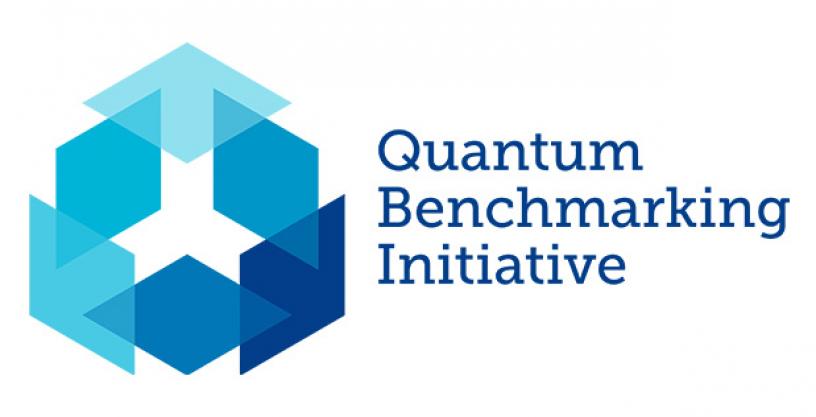Insider Brief
- DARPA has selected Microsoft and PsiQuantum for the final phase of the US2QC program, part of its Quantum Benchmarking Initiative, to validate and co-design industrially useful quantum computers.
- Microsoft is developing a superconducting topological qubit-based quantum computer, while PsiQuantum is using silicon-based photonics to create a lattice of photonic qubits.
- Additional quantum computing companies are expected to be selected for QBI Stage A soon, with multiple awards anticipated this spring.
PRESS RELEASE — Following extensive technical analysis with an independent verification and validation team, DARPA has selected and is in negotiations with Microsoft and PsiQuantum for the Validation and Co-Design stage of the Underexplored Systems for Utility-Scale Quantum Computing (US2QC) program, one of two programs that make up DARPA’s larger Quantum Benchmarking Initiative (QBI).
DARPA’s Quantum Benchmarking Initiative (QBI) aims to determine whether it’s possible to build an industrially useful quantum computer much faster than conventional predictions. Specifically, QBI is designed to rigorously verify and validate whether any quantum computing approach can achieve utility-scale operation — meaning its computational value exceeds its cost — by the year 2033.
Announced in July 2024, QBI builds upon and expands US2QC, and is separate, but related to the original Quantum Benchmarking program. Microsoft and PsiQuantum were participating in the second phase of US2QC when the QBI expansion was announced. The final Phase of US2QC has the same technical goals as the final stage of QBI – validation and co-design of an industrially useful quantum computer.

“Our government evaluation team has been working closely with both companies since the beginning of 2023 to scrutinize their approach to building a utility-scale quantum computer. Both companies have undergone an incredibly rigorous and deeply technical analysis from what is almost certainly the world’s best quantum computing test and evaluation team,” said Joe Altepeter, DARPA QBI program manager. “Now, we’re ready to evaluate their final utility-scale system designs, conduct government testing of components and hardware, and assess system-level performance capabilities of major prototypes.”
The companies have different approaches to their proposed utility-scale quantum computers. Microsoft Corporation, based in Redmond, Washington, is building an error-corrected, utility-scale quantum computer based on a compact superconducting topological qubit architecture, while PsiQuantum, Corp., based in Palo Alto, California, is using silicon-based photonics to create an error-corrected, utility-scale quantum computer based on a lattice-like fabric of photonic qubits. Over 50 experts from DARPA’s test and evaluation team have exhaustively examined both companies’ specific technical approaches, their detailed plans for fault-tolerant prototypes, and their long-term R&D plans, components, architectures, systems development, and application utility.
Additional quantum computer companies, who submitted initial proposals under the QBI solicitation last summer, are expected to be selected for QBI Stage A soon.
“Since we expanded our quantum computing efforts beyond US2QC with the announcement of QBI last summer, we are very close to selecting additional quantum computing companies whose plans for a utility-scale quantum computer show promise,” Altepeter said. “Early this spring, we anticipate announcing multiple awards to companies who will be entering QBI Stage A, where they will describe their utility-scale quantum computing concepts to an extraordinary test and evaluation team. Stay tuned for news of these selections soon.”
For more information on QBI visit: https://www.darpa.mil/qbi.














